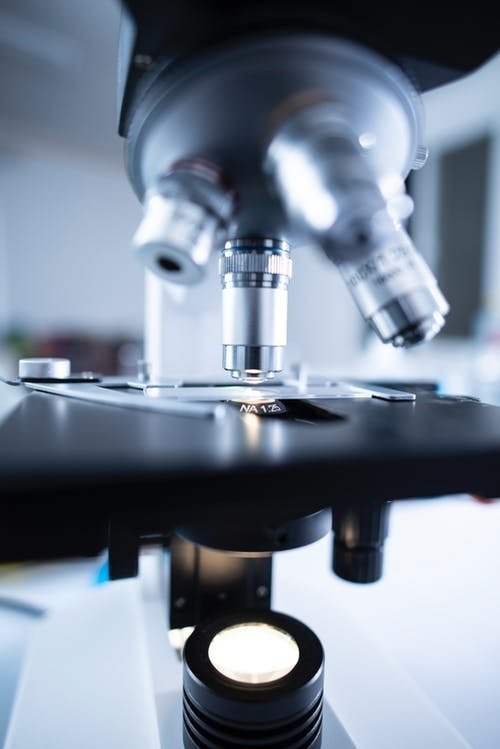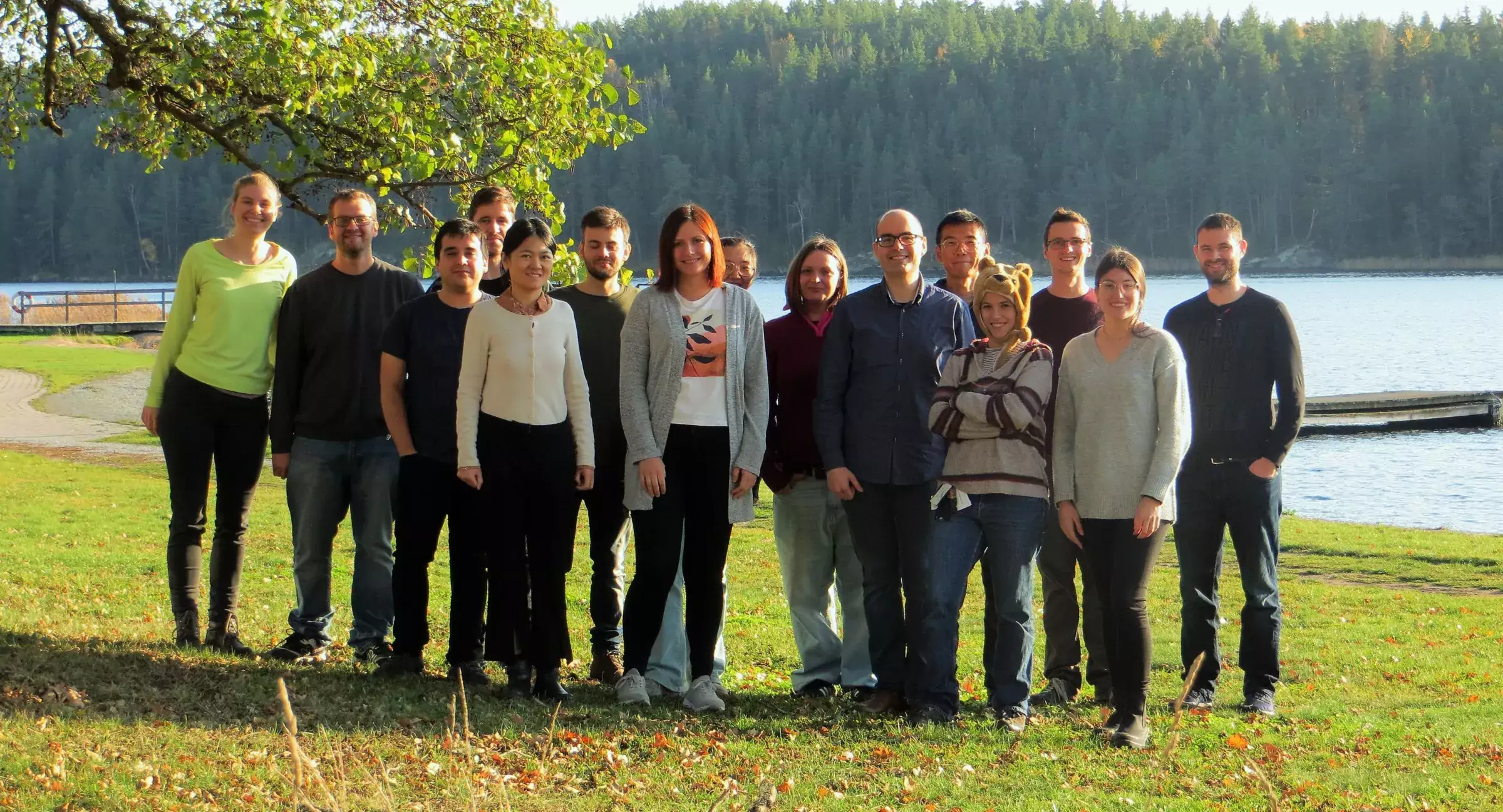Genomic dissection of non-genetic cellular heterogeneity
In the last decades, the biomedical field has suffered a revolution thanks to the development of the massive parallel sequencing technologies. Now we can obtain the complete genetic information of a person and analyse how this information is being used in a few days and with a limited cost. This technology makes possible a kind of research that was unthinkable a few years back. Our group, combining experimental and computational work, aims to develop and apply novel genome-wide techniques to address fundamental biological questions with medical implications. We are especially interested in how subtle variations in gene expression can lead to differential cellular phenotypes in humans and microorganism.
Specifically, we investigate:
- Molecular bases of non-genetic cellular heterogeneity: We focus on understanding how single-cell variability, cellular plasticity and transcriptional memory contribute to the appearance of drug-tolerant cancer persister cells (i.e. those cells that, although genetically sensitive to a drug, do not respond to it). To reach that goal we combine the dissection of genetic factors controlling non-genetic heterogeneity with the development of novel genome-wide technologies to study this process.
- Crosstalk between ribosome dynamics and mRNA degradation. We have previously shown how the existence of widespread co-translational mRNA degradation allows to study ribosome dynamics by sequencing mRNA degradation intermediates (5P-Seq). Using that work as staring point, we to dissect the molecular crosstalk between mRNA degradation and ribosome dynamics in multiple organisms. We are characterizing how alterations in the translation process modulates mRNA stability and explore the utility of mRNA degradation signatures as reporters for cellular fitness in multiple organisms (from bacteria to cancer cells).
- Novel tools for molecular diagnosis. We are using our genomics expertise to improve and develop new molecular diagnosis and clinical genomic tools. We develop sequencing-based approaches to improve cancer-patient stratification and to accelerate the diagnosis of antimicrobial resistant infections.
Support our research
 Photo: Chokniti Khongchum
Photo: Chokniti KhongchumMake a donation to our research at MTC
Your support means a lot to our success. This allows us to go further in our efforts to improve human health through research and education.
Read here how you can make a donation via Swish.

